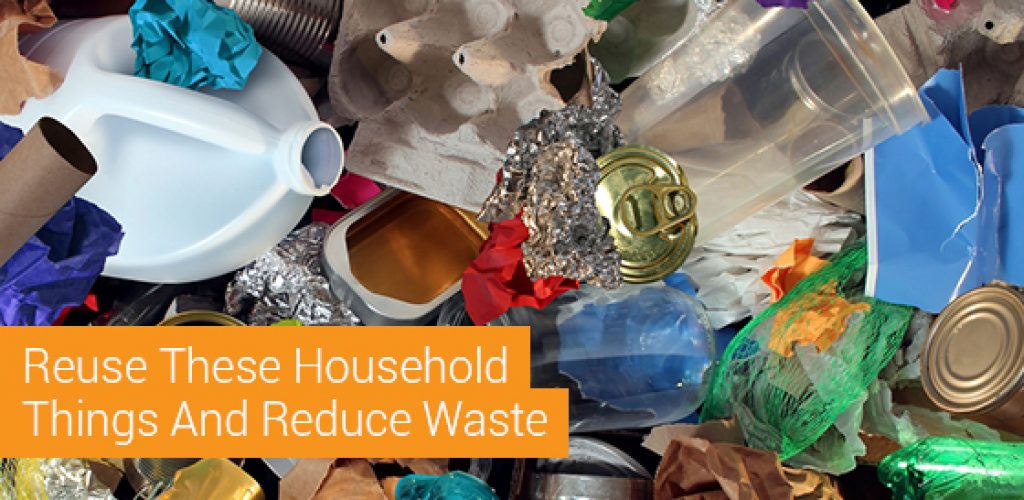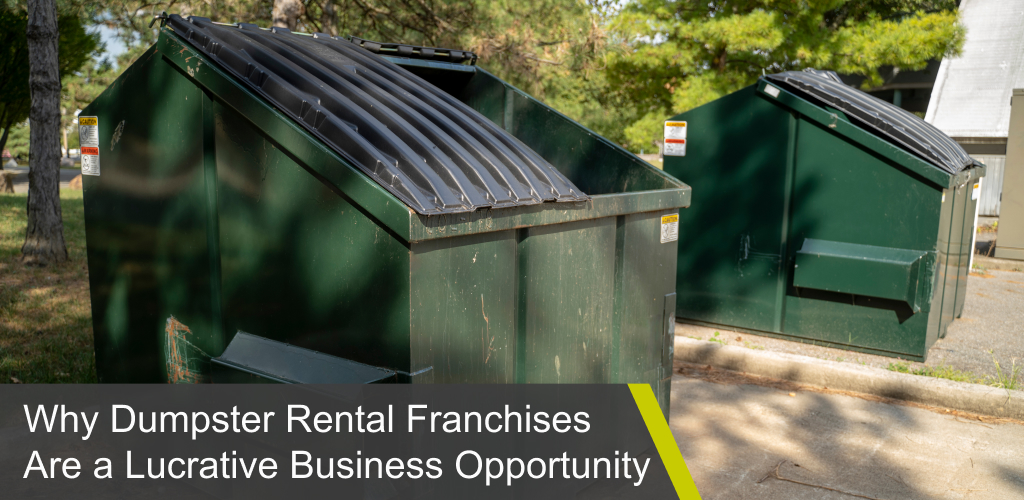5 Household Things You Didn’t Know You Could Reuse

Since the introduction of the Reduce, Reuse, Recycle campaign, many people have become more aware of their own ecological footprint. They have also adopted different strategies to help conserve the environment, from working with waste recycle programs to bringing their reusable bags when shopping for groceries.
Reusing things in your home is not only good for the environment, but also pocket friendly. Beyond the basics like glass jars, plastic bottles, aluminium cans, etc., here are some less common home items you can reuse:
- Keys
Many people continue to hang on to old keys even when they no longer have any use. Keys typically have a lifecycle that syncs with your routine, so when your routine changes, you may need to change your keys as well. There are quite a few small companies that collect keys, sell them to scrap metal companies, then give the proceeds to charity organizations.
- Athletic shoes
Athletic shoes tend to wear fast, depending on the amount of work you put them through. Instead of wearing shoes until they are visibly worn and then discarding them, consider getting a new pair every few months and recycling the old pair. Nike has a recycling program for old, worn shows that reuses the material for tracks or gym floors, which is much better than ending up in a landfill.
- Spectacles
Eyeglasses are a kind of fashion statement for some, and even when they are not, many people still get new ones regularly. Since you won’t need those old pairs of eyeglasses, they could be of use to others in developing countries. Consider donating them to programs run by organizations such as Lions Club.
- Bicycles
There is an increasing number of bicycle and bike share programs where you can donate an old bike that your children have outgrown, or is no longer needed. Bicycles are generally easy to repair and restore to function, providing a vital form of transportation to other people. But even when they are beyond repair, they could be sold as scrap metal for some profit.
- Pantyhose
Lastly, here’s an interesting fact about pantyhose: they take an average of 30 to 40 years to decompose. While they look disposable, they can add up in the landfills pretty fast. So, if you have some, consider recycling them as they can be used for playground equipment, running tracks, and park benches.













